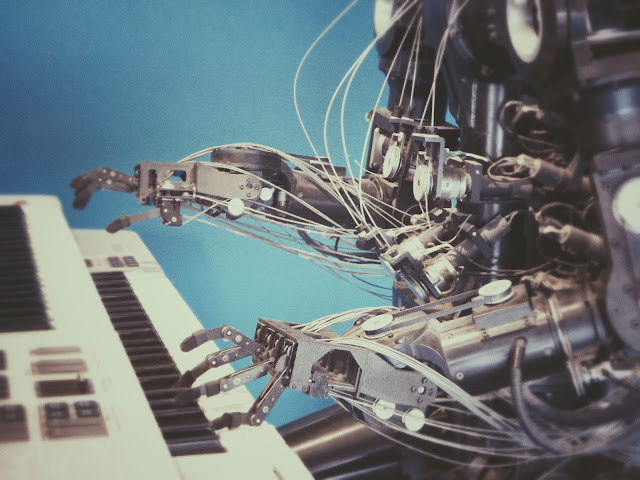Why Chatbots Will Not Replace Humans?

The rapid rise of technology has seen the development of tools such as chatbots that appear to be able to do everything from assisting with customer service inquiries to providing medical advice. While these tools are useful and can in many ways be advantageous, it does not appear that they may ever entirely replace the need for human interaction. Photo by Emiliano Vittoriosi on Unsplash First and foremost, chatbots, no matter how advanced their programming, cannot think on their own, nor can they adapt to the hundreds of cues that people are throwing off in any given moment. They rely on what is programmed by their developers, and while they can function more or less effectively in a range of tasks, they lack the versatility that comes with human input. The human brain is a remarkable piece of machinery and its ability to deduce context, meaning and imperceptible nuances in conversations would be nearly impossible to replicate with a chatbot. Humans can quickly ...
